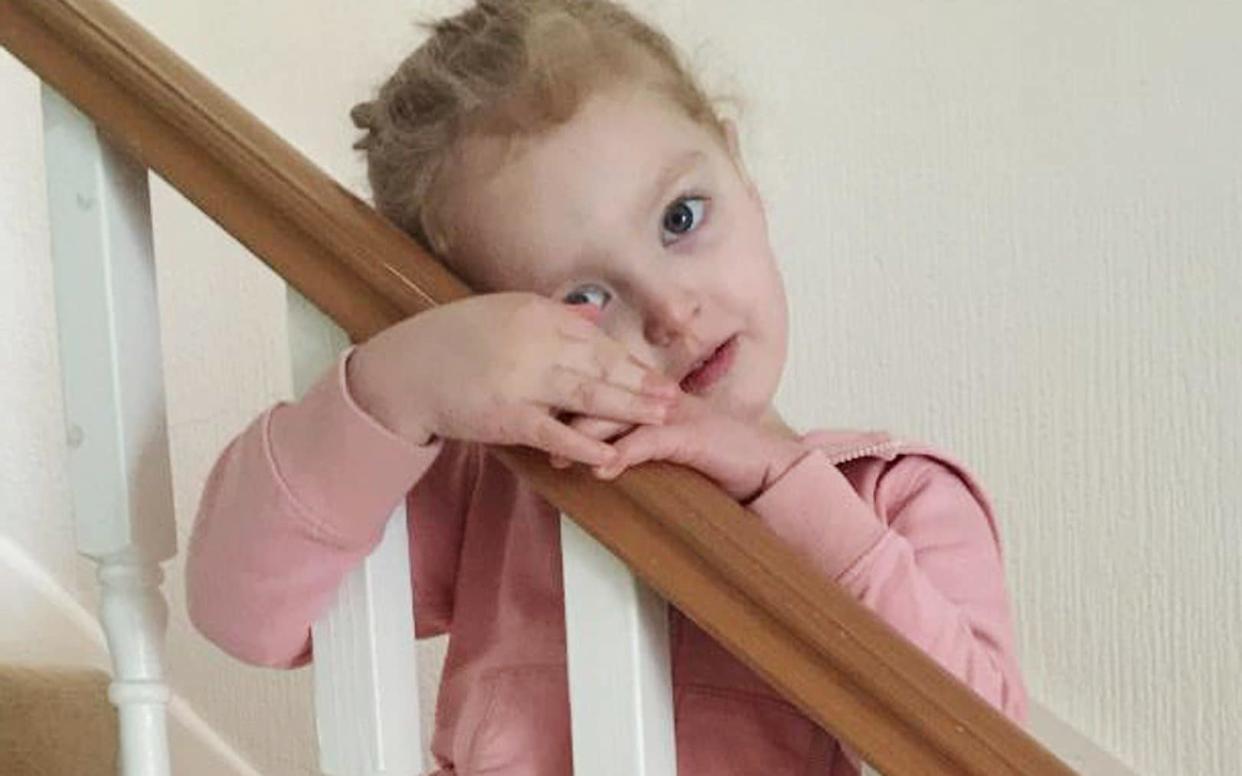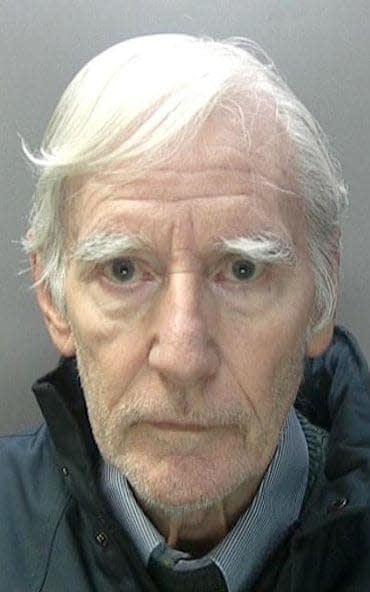Doctors should be obliged to tell DVLA when patients are no longer fit to drive

Doctors should be obliged to tell the DVLA when patients are no longer fit to drive, government medical advisor has said.
Daniel Sokol, Medical Ethicist and Barrister, who has advised the Ministry of Defence and Ministry of Justice, said healthcare workers should be allowed to breach confidentiality to warn of dangerous drivers.
His comments come following the death of Poppy-Arabella Clarke who was killed when John Place, 73, ran a red light at a pedestrian crossing and ploughed into her and her mother.
Mr Place had ignored an optician’s warning not to get behind the wheel, and was not even wearing his glasses at the time of the accident.
After he was jailed for four years at Birmingham Crown Court, Poppy's parents called for the law to be changed requiring medical professionals to report people unfit to drive to the DVLA.

Writing in the BMJ, Mr Sokol said it was crucial that doctors be forced to warn when patients were no longer fit for the roads.
“Motor vehicles are lethal objects,” said Mr Sokol.
“They maim and kill innocent people just as efficiently as infectious diseases or terrorist attacks.
“Yet doctors in the public interest are required by law to report patients who have certain infectious diseases or who may commit terrorist acts—but not patients who may cause serious harm through their unfitness to drive.
“Logic calls for the law of disclosure to extend to patients deemed unfit to drive or fly.”
According to General Medical Council (GMC) guidance, doctors should explain to patients deemed unfit to drive that their condition may affect their ability to drive and that they - the patients - have a legal obligation to inform the Driver and Vehicle Licensing Agency (DVLA) about their condition.

If the patient continues to drive, the GMC advises that “you should make every reasonable effort to persuade them to stop.”
If persuasion fails or the doctor discovers that the patient is continuing to drive, the doctor should contact the DVLA to disclose the medical information.
But Mr Sokol said it relied too heavily on the honesty of the patient, an darufed that many patients Many patients will lie to avoid the loss of their driving licence. They will falsely promise to inform the DVLA and to stop driving. And the chances of the doctor discovering that the patient is continuing to drive are slim, he argues.
“To rely on the assurances of patients, in the knowledge that they - like most of us - lie to please others and to get out of trouble, is naive and irresponsible,” added Mr Sokol.
“It can also cost lives. As far back as Hippocratic times, doctors were instructed to look out for the lies of patients. Two and a half thousand years later the advice still holds true."
This new law would not erode doctor-patient confidentiality, he concludes. “It offers a solution to the reluctance of impaired drivers to appreciate the danger they pose to others, as well as the recognition that some patients will deceive to continue driving.”
The Clarkes are calling for the introduction of 'Poppy-Arabella's law' which would make doctors legally obliged to inform the DVLA about dangerous drivers.
Richard Langton, of Slater and Gordon, said: "A lasting legacy would be Poppy-Arabella's law, requiring any medical professional aware of a person's inability to drive safely to report them to the DVLA so that their licence is withdrawn."
Charlie Massey, Chief Executive of the General Medical Council, said: "Our guidance is clear that doctors should disclose information about individual patients to protect the public from potential harm.
"Our updated advice on reporting concerns to the DVLA, which comes into force next month, also states that doctors should disclose information to the agency if others may be at risk - even if the patient does not agree to this.
"We don’t agree that reporting should be made mandatory. There is a clear public good in having a confidential medical service and we would be concerned about the wider implications if the trust between a doctor and their patient was eroded.
"We should let doctors use their professional judgment, in conjunction with our guidance, to the individual situation."

 Yahoo News
Yahoo News 
